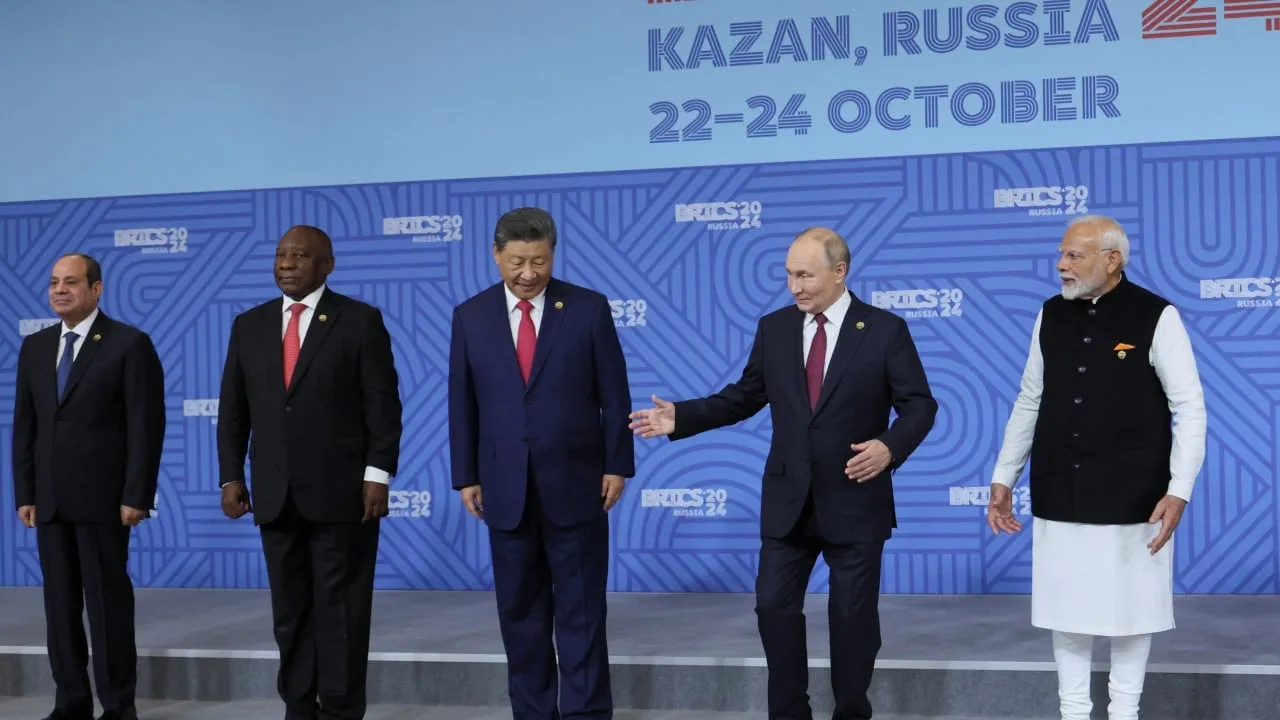Yuan and BRICS: Navigating Relations Amid US Dollar Challenges

Yuan and BRICS: Exploring Currency Alternatives Amidst US Dollar Pressure
In recent discussions among the BRICS bloc, the Yuan has surfaced as a potential alternative to the U.S. dollar, especially under the backdrop of escalating Russia-China relations. Russian President Vladimir Putin has advocated for a new payment system that might help member countries reduce dependency on the U.S. dollar. However, the response from fellow BRICS members has been tepid.
The Complex Dynamic of BRICS and The US Dollar
Despite Putin's initiatives, most BRICS nations remain hesitant to completely abandon the US dollar. According to James Chin, an expert in Asian studies, “It’s very difficult to bypass the US dollar.” He emphasizes that bilateral currency agreements may provide a feasible path, albeit requiring significant transaction volumes.
- The People's Bank of China is forging ahead with 40 bilateral swap lines, allowing local currency exchanges with selected central banks.
- In light of ongoing sanctions, Russia's push for a payments system in local BRICS currencies highlights its struggle to engage in international trade smoothly.
Increased geopolitical tensions compel China and Russia to seek alternatives that could mitigate the effects of U.S.-led sanctions that have considerably affected their trading operations.
Future Prospects of Currency Independence
Efforts towards strengthening the use of local currencies in trade reflect a significant shift in strategy among BRICS nations. Zhou Xiaochuan, former governor of the People’s Bank of China, asserts that local currencies are crucial for safeguarding monetary sovereignty. The development of platforms like mBridge illustrates these intentions, paving the way for incremental changes in the global payments landscape.
- Local currencies enable countries to maintain control over their monetary policies.
- The future of the US dollar as a reserve currency remains uncertain, contingent on American policies.
This article was prepared using information from open sources in accordance with the principles of Ethical Policy. The editorial team is not responsible for absolute accuracy, as it relies on data from the sources referenced.